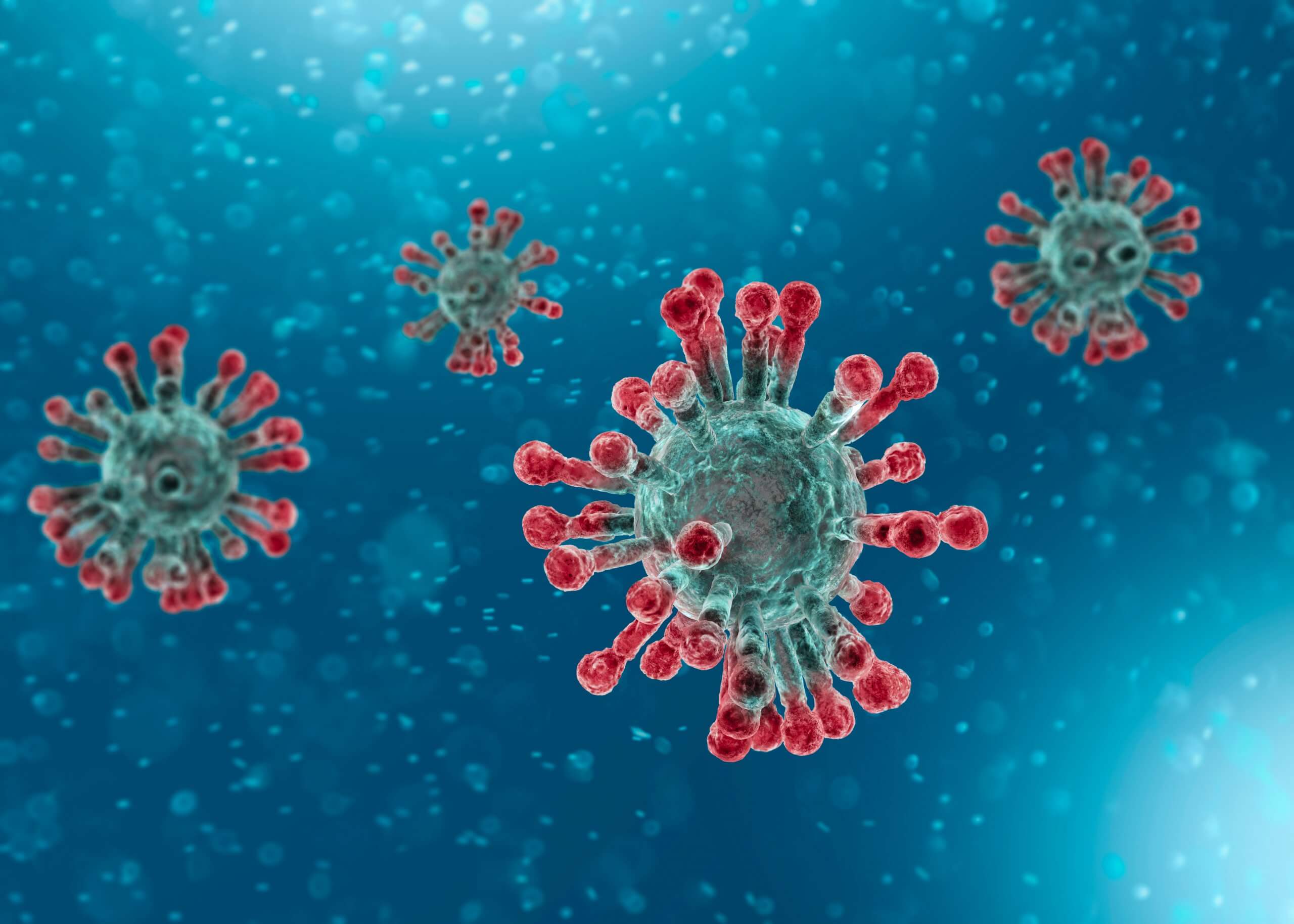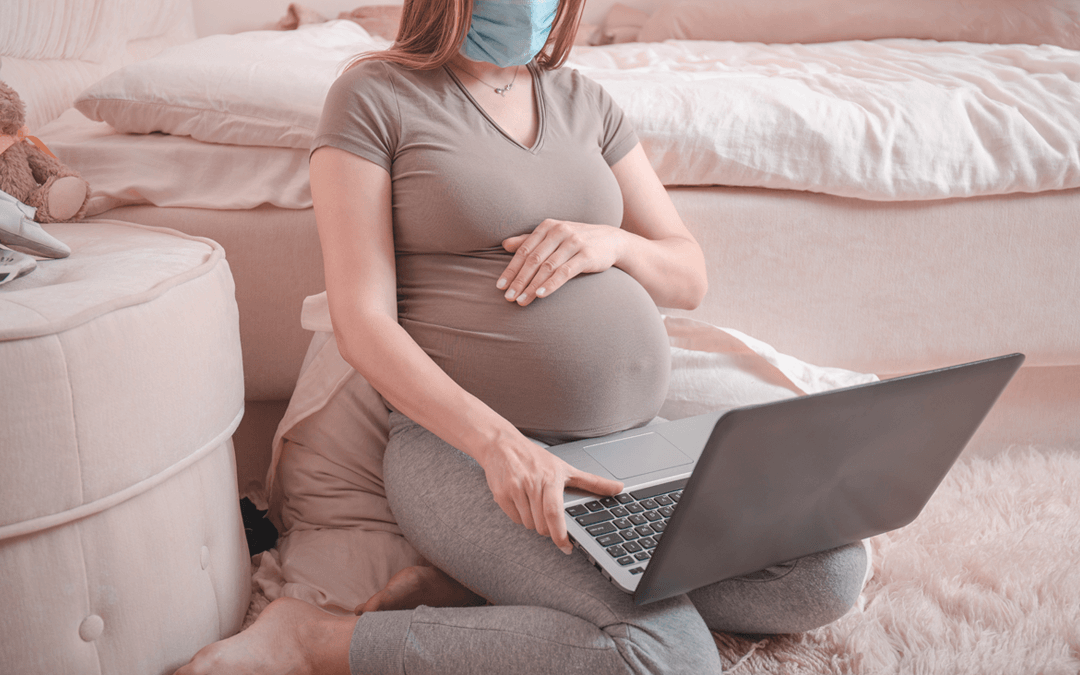We have had many parents getting in touch with us about the impact that COVID-19 may have on banking their baby’s umbilical cord blood during the pandemic. Over the last week or so, we have collected your Frequently Asked Questions about cord blood banking and COVID-19 and have provided everything you need to know in this article.
If you have any other questions, please feel free to contact us on 01444 873950 or drop us an email.
Are pregnant women more at risk of contracting COVID-19?
There is currently no evidence to suggest that pregnant women are more likely contract COVID-19 than the general population.
However, pregnant women are included in the list of people at moderate risk as a precaution. This is because during pregnancy the body alters the immune system and response to viral infections, which can occasionally cause more severe symptoms.
Whilst this may be the same for COVID-19, there is currently no evidence that pregnant women are more likely to become severely ill and require admission to intensive care than non-pregnant adults.
Can infected mum’s pass on COVID-19 to their baby?
To date, there has been little data to demonstrate the spread of COVID-19 from mother to baby. However, three potential types of transmission have been identified; intrauterine, vertical and intrapartum transmission.
According to the Royal College of Obstetrics and Gynaecology, it is considered unlikely that if you contract COVID-19 that it would cause problems to your baby’s development. According to recent data of new-born babies developing coronavirus soon after birth, all of the babies were well.

Does cord blood contain COVID-19?
There has been no evidence to suggest that umbilical cord blood contains COVID-19 even if the mother tests positive at the time of delivery. Researchers believe this is because the virus is air borne and enters through mucosal membranes, rather than being blood borne.
A study conducted in 2006 by the American Red Cross provides an insight into the impact COVID-19 could have on umbilical cord blood. The study assessed the likely impact of a pandemic on the safety of blood supply. The study suggests that blood will be safe during a flu pandemic due to the limited presence of viruses in the blood and the nature of respiratory infection of influenza viruses.
Further reassurance was provided in a recent study conducted with nine births in Wuhan China. All nine mothers tested positive of COVID-19 and were suffering with pneumonia. Their babies were delivered by caesarean section and were immediately tested for COVID-19. This was done through collecting samples from their amniotic fluid, umbilical cord blood and neonatal throat swabs. The mothers’ breastmilk was also tested at a later period.
All nine of the babies’ samples tested negative for COVID-19, demonstrating that even if a mother has the virus during pregnancy and even when giving birth, that coronavirus will not be present in the umbilical cord blood or tissue, or in the placenta.
Does the placenta contain COVID-19?
Research has shown that the placenta can protect baby from any harmful diseases while also allowing antibodies from the mother to transfer into baby’s blood stream.
A study conducted in Wuhan, China, earlier this year investigated whether the virus was transmitted to the placenta from mother to baby. Out of the 6 pregnant women with confirmed COVID-19 who gave birth, all babies tested negative for the virus. In fact, antibodies to COVID-19 were detected in all of the babies’ bloodstreams.
Whilst the study investigated a small sample size, the results are an early indicator that the placenta will not contain any traces of COVID-19.

Is it still possible to bank stem cells during COVID-19 and how will it work?
It is still possible to bank your baby’s stem cells during the pandemic. We want to reassure you that our services remain fully operational during this time.
Many hospitals have limited the number of people permitted to attend deliveries, which has affected some phlebotomists being able to procure cord blood/cord tissue.
Despite this, have been working hard to ensure that you don’t miss out on this once-in-a-lifetime opportunity. We have set up agreements with hospitals all over the UK so that we can provide our unique placenta service. Placenta banking simply requires that your placenta is placed in a biobag and delivered back to our lab, so you don’t need a phlebotomist to access regenerative cells from your baby’s placenta. These cell types have even been shown to help ameliorate the symptoms of COVID-19 itself.
Why should we bank our baby’s stem cells during COVID-19?
Over the last few months, more parents have begun to consider different ways they can protect their baby’s health in the long-term, which has resulted in an increase in parents enquiring about cord blood banking.
Umbilical cord blood stem cells are already used to treat over 80 conditions, including several immune disorders such as sickle cell disease, as well as blood cancers such as leukaemia and lymphoma.
Stem cells from umbilical cord blood and cord tissue are also central to hundreds of clinical trials, investigating treatments for conditions such as arthritis, stroke, cerebral palsy and many more.
Due to their powerful anti-inflammatory and healing properties, stem cells from umbilical cord blood and tissue as well as the placenta are even being applied in promising new clinical trials for patients infected with COVID-19.
There are currently 15 ongoing clinical trials using stem cells from cord blood, cord tissues and placenta, with many hospitals worldwide also trialling it as a treatment for the virus. Initial data suggests that these stem cells are a safe and effective therapy for alleviating the symptoms of coronavirus.
By banking your baby’s stem cells, you are investing in their long-term health, now and in the future.
Request a Welcome Pack
Find out more about cord blood banking by downloading a Welcome Pack now.
References:
Zeng et al., (2020) “Antibodies in Infants Born to Mothers With COVID-19 Pneumonia”, JAMA, avaliable at:
https://jamanetwork.com/journals/jama/fullarticle/2763854
Parent’s Guide Cord Blood Foundation, (2020) “Coronavirus During Pregnancy and Cord Blood Banking”, available at:
https://parentsguidecordblood.org/en/news/coronavirus-during-pregnancy-and-cord-blood-banking
ClinicalTrials.gov, (2020) “Umbilical cord stem cells”, available at:
https://clinicaltrials.gov/ct2/results?cond=&term=umbilical+cord+stem+cells&cntry=&state=&city=&dist=
ClinicalTrials.gov, (2020) “Umbilical cord stem cells | COVID”, available at:
https://clinicaltrials.gov/ct2/results?cond=COVID&term=umbilical+cord+stem+cells&cntry=&state=&city=&dist=&Search=Search
Shimian Zou, (2020) “Potential Impact of Pandemic Influenza on Blood Safety and Availability”, Transfusion Medicine Reviews, available at:
https://www.sciencedirect.com/science/article/pii/S0887796306000113
Royal College of Obstetricians & Gynaecologists, (2020) “Coronavirus infection and pregnancy”, available at:
https://www.rcog.org.uk/en/guidelines-research-services/guidelines/coronavirus-pregnancy/covid-19-virus-infection-and-pregnancy/
Royal College of Obstetricians & Gynaecologists, (2020) “Coronavirus (COVID-19) Infection in Pregnancy”, Information for health care professionals, available at:
https://www.rcog.org.uk/globalassets/documents/guidelines/2020-06-18-coronavirus-covid-19-infection-in-pregnancy.pdf









